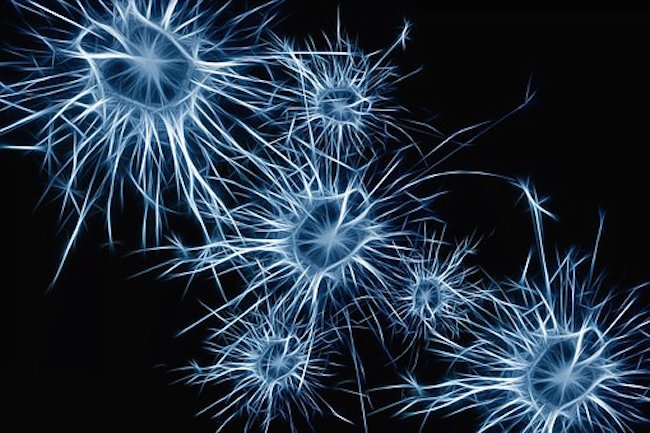Naturally occurring molecule shows potential to treat patients with Parkinson’s by: Evangelyn Rodriguez for Natural News
According to the Global Burden of Diseases, Injuries, and Risk Factors Study (GBD) published in 2019, neurodegenerative diseases, which affect the structure and function of the central nervous system (CNS), are the largest cause of disability globally. Parkinson’s disease, the most common of these diseases next to Alzheimer’s, is a progressive movement disorder that remains without a cure.
But in a recent study published in Clinical Pharmacology & Therapeutics, researchers at Thomas Jefferson University in Pennsylvania reported a breakthrough: They found that N-acetylcysteine (NAC), a natural supplement widely used to boost antioxidant levels, has a positive effect on the dopaminergic system of Parkinson’s patients. Specifically, the amino acid increased dopamine levels and activity, both of which are considerably reduced by Parkinson’s disease.
Facts about Parkinson’s disease
Parkinson’s is a neurological disorder marked by barely noticeable tremors, stiffness or muscle rigidity and slowed movements at its onset. However, these symptoms gradually progress and worsen over time, leaving patients with balance and cognitive problems, as well as impaired motor function. In the U.S., about 60,000 people are diagnosed with Parkinson’s every year, most of whom are males older than 50. Around four percent, however, are diagnosed before they reach that age.
Scientists have yet to uncover the real cause of Parkinson’s disease, although several factors are now known to contribute to its development. These include age, specific genetic mutations and exposure to certain toxins in the environment. Studies show that Parkinson’s results from the degeneration of certain nerve cells or brain neurons. These neurons produce a chemical messenger known as dopamine.
Dopamine is used by the body to send signals to the brain. These signals help control body movements as well as emotional responses. Dopamine is also said to influence concentration, learning, memory, sleep and even mood. Healthy levels of dopamine promote a person’s physical and mental well-being while low levels increase a person’s likelihood of developing medical conditions, such as depression and Parkinson’s.
An amino acid can help Parkinson’s patients
For their study, the researchers worked with 42 Parkinson’s patients, who they divided into two groups. The first group received oral (500 mg twice a day) and intravenous (50 mg/kg once a week) doses of NAC — the supplement form of the amino acid L-cysteine — for three months together with their Parkinson’s treatment. The second group, meanwhile, received only their standard treatments for Parkinson’s disease.
The researchers used the Unified Parkinson’s Disease Rating Scale (UPDRS) to assess the patients’ symptoms, including cognitive and motor functions. They also used a special brain scanning procedure, which can measure dopamine transporter binding, to determine the amount of neuron recovery in the basal ganglia — the brain area most affected by Parkinson’s disease. Evaluations took place before and after NAC treatment.
NAC is a natural product used by many to increase their glutathione levels. Glutathione is a well-known antioxidant produced by the body to combat oxidative stress. Previous studies have shown that aging, poor diet or chronic disease reduce glutathione production, contributing to oxidative stress. This is partly responsible for the destruction of dopamine-producing neurons. The loss of these neurons in the brain is what triggers the onset of Parkinson’s disease.
After three months of supplementation, the researchers found that NAC significantly improved symptoms of Parkinson’s. NAC also improved the patients’ mental and physical abilities, based on clinical evaluations. Compared with the other group, the NAC group showed significantly increased dopamine transporter binding in the caudate nucleus — the brain structure involved in memory storage and processing — and putamen, the structure involved in movement regulation. This means that NAC treatment increased dopamine production and activity in relevant brain regions.
“The results suggest NAC may positively affect the dopaminergic system in patients with PD [Parkinson’s disease], with corresponding positive clinical effects,” the researchers reported in their study.




